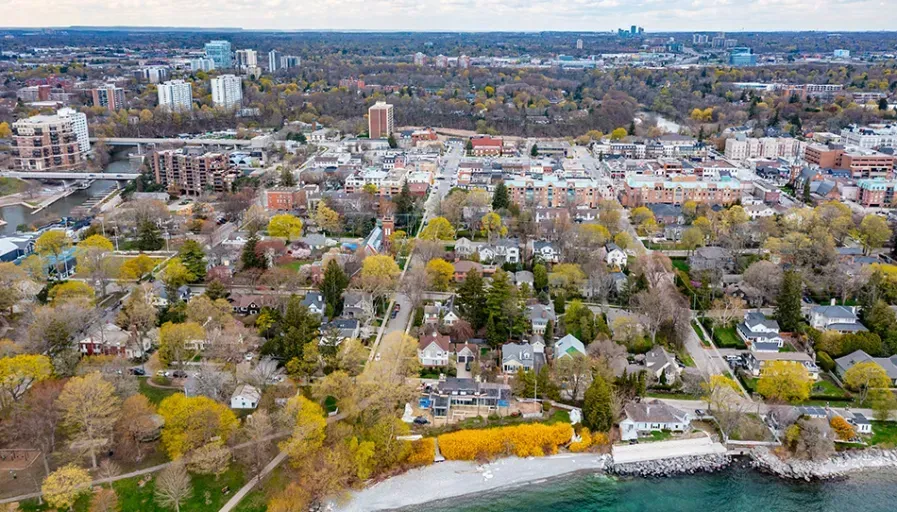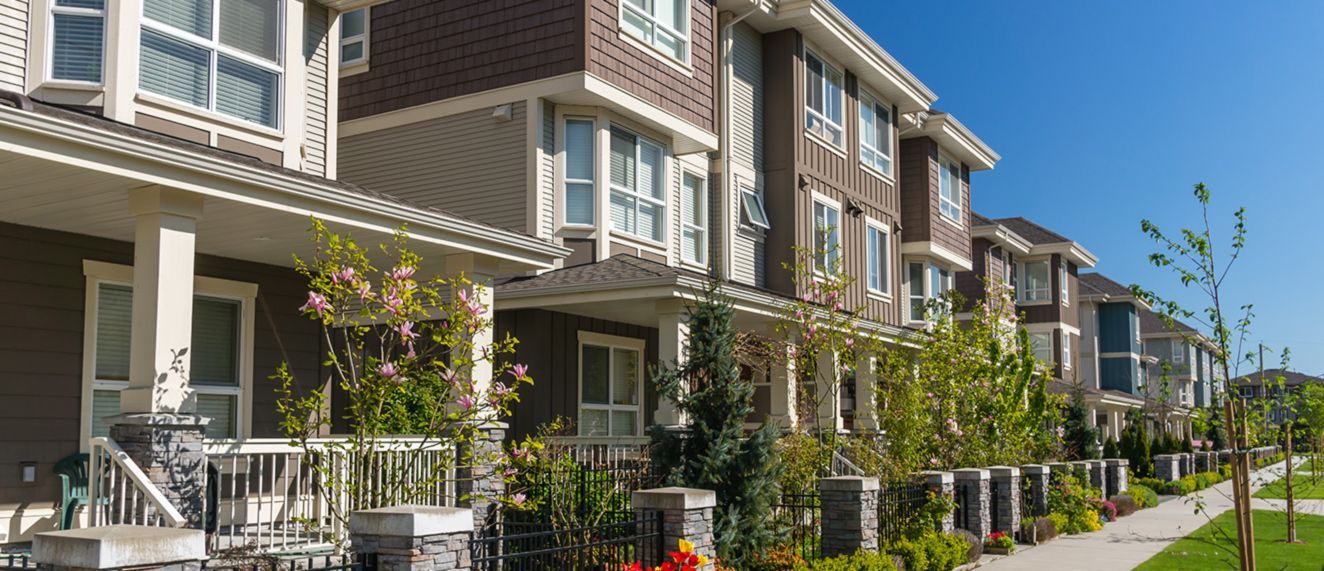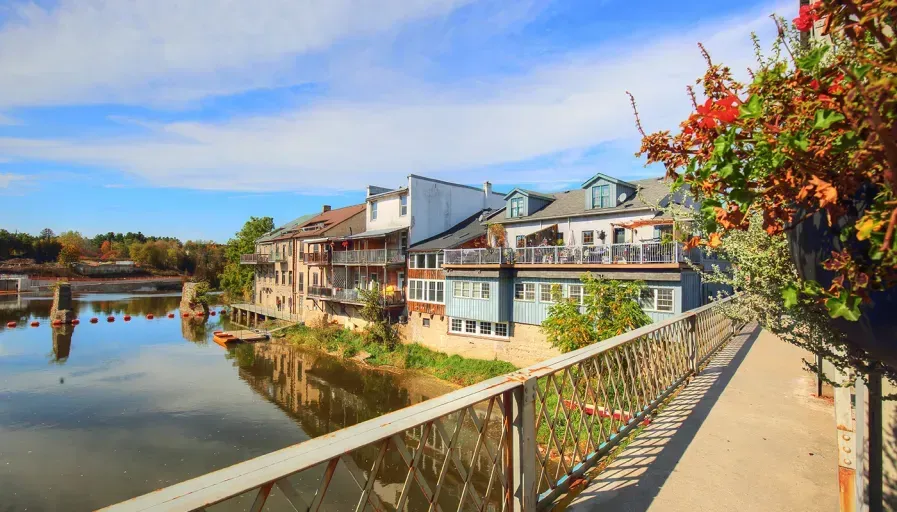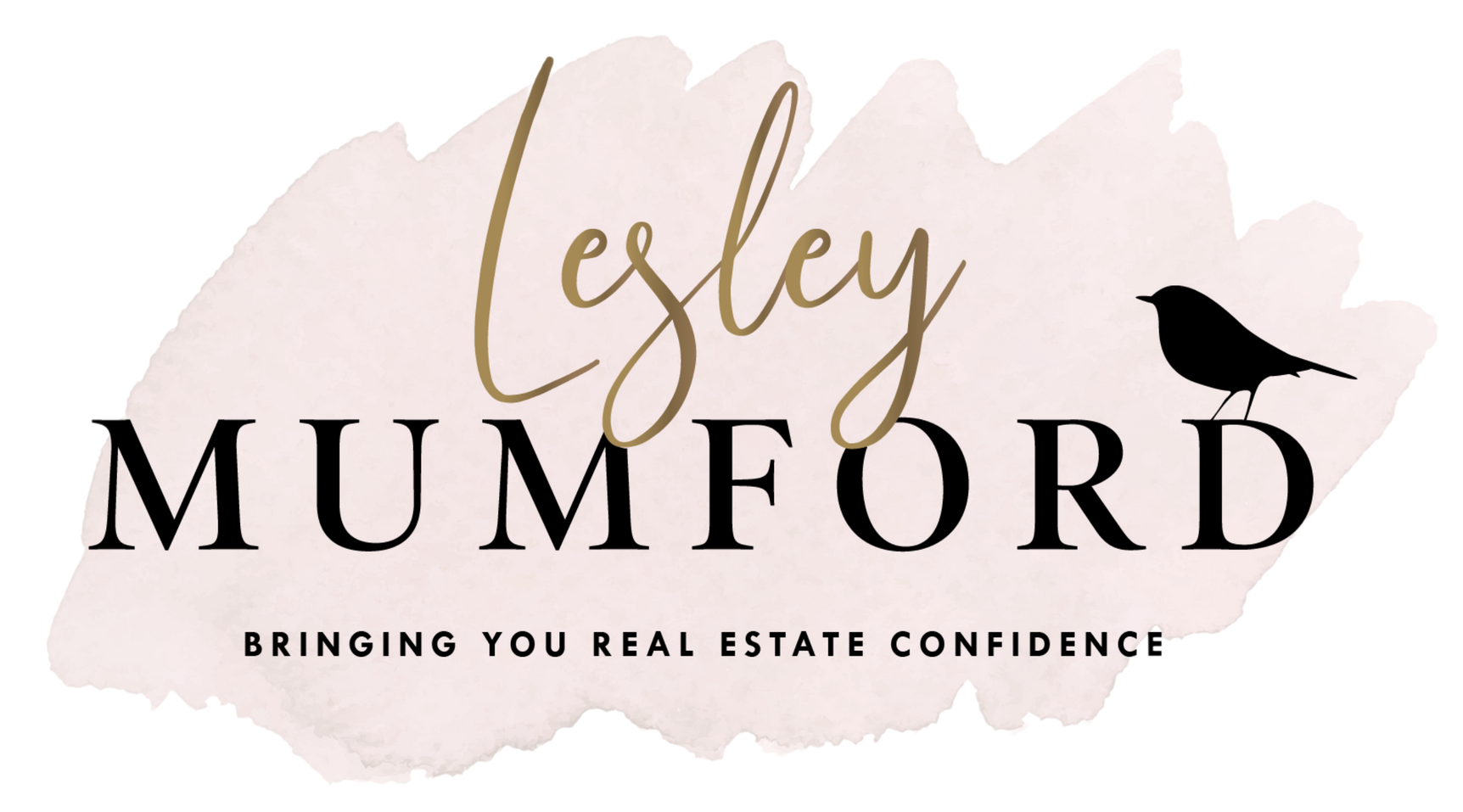Speed Date Your Next Neighbourhood: Identifying Your Priorities
Finding the perfect home or rental unit is one thing, but it’s just as important to figure out which neighbourhood is best for your lifestyle.

Finding the perfect home or rental unit is one thing, but it’s just as important to figure out which neighbourhood is best for your lifestyle. Many factors play into this decision, and the first step is to ask yourself some questions. After all, you’re not just buying a home, you’re investing in a new community. Your REALTOR® can expertly guide you through the process and if you’re not sure where to start while shopping for a neighbourhood, here are a few things to consider.
Location
Start by deciding whether you’d prefer living on a quiet street or a bustling, lively one, and in an older neighbourhood or a newer development, suggests Nancy Kemp Deakin, a REALTOR® with Deakin Realty in Pointe-Claire, Quebec.
“Some people don’t like old charming streets near the water; they want to be in a subdivision and have that suburban life,” she explains. “Sometimes, it’s a style of house they want, which might only exist in certain areas. Or, they want mature trees, a big yard, or privacy.”
Matt Richling, a REALTOR® with New Purveyors in Ottawa, Ontario, previously told us he suggests frequently exploring a potential new neighbourhood to get a full understanding.
“Get lunch, visit after dinner, check it out during the weekend,” he said. “It’s important to visit during different times or on different days so you can get a really good idea of what it’s like before you start shopping. Maybe it’s very quiet after working hours, or near an airport meaning there’s more noise in the evenings.”
Did you know every listing on REALTOR.ca has neighbourhood statistics including proximity to parks, shopping, daycares, schools, and restaurants, as well as how kid-friendly the area is, what the noise levels are like, and how it fares for cars, pedestrians, and cyclists?
Commuting time
The distance between where you work and where you live—including whether you’d be going with or against traffic—can hugely affect your quality of life, especially if you don’t want to spend an hour or more each way commuting. If you don’t have a car or prefer not to drive, you’ll want to assess whether other means of transportation are available, says Kemp Deakin.
“Proximity to the train and the bus is definitely a factor. Ask yourself: ‘Can I walk or is there parking where I go to get on the train?’”
Also, if you travel regularly for work and need access to the airport or train station, you should check how far the drive is, and the cost to get to and from there.
Amenities
Being close to amenities can make your life easier—after all, you’ll need to buy food, pharmacy items, and many other things once you move to a neighbourhood. Look into how close you’d be to a grocery store, cafés, restaurants, and bars, especially if you’d prefer being able to walk to most places. If you spend a lot of time at art galleries, libraries, and places of worship, map out the area with those places in mind, too.
“We find most people are looking for quality of life. So, if they want a bigger lot and a quieter environment, they’ll go further away from the city core if they want services and community centres,” says Kemp Deakin.
Parks, walking and cycling paths, and dog runs
Green space and outdoor amenities are important to many home buyers and renters. Check if the neighbourhood has sidewalks so you can walk safely. If you have young children, look for well-maintained parks within walking or driving distance that have playground facilities and nearby places to take a stroll or a bike ride. If you own a dog, you’ll want to see if the area has dog runs or designated areas where your pet can run around safely.
“People with pets also may want a home with a fenced yard,” says Kemp Deakin. In some neighbourhoods, you’ll find many such properties but in more urban areas, that’s harder to find.
Is a green neighbourhood important to you? We explored some of Canada’s greenest cities, as ranked by GreenScore.
Schools and activities
Young families or those planning to have kids in the future may want to research local schools in a potential neighbourhood. Check out whether your child would be able to walk to school, or whether there’s bus service or public transportation available. If you want your children to have access to sporting programs and after-school activities, investigate that, too, says Kemp Deakin.
“Where I live in Montreal’s West Island, there’s a lot of interest in swimming and diving programs and hockey. Many people want to be near municipal pools and skating rinks,” she explains.
School zones are also important to consider even if you don’t have kids or don’t have them in the future. They can be crucial factors when it comes to resale value.
The future of the neighbourhood
Though the neighbourhood you’re looking at may be quiet now, an upcoming commercial development could change this, and you may not want to live in a construction zone for the next five years—especially if you have young kids. Future housing developments can also increase traffic and boost taxes, so ask your REALTOR® about any plans in the area you’re considering. Your REALTOR® can also advise you how a neighbourhood is changing, and whether investing in a home there could bring a good return on your investment down the line.
Working together with a REALTOR®, you’ll be able to find the perfect neighbourhood to call home.
Source: By Speed Date Your Next Neighbourhood: Identifying Your Priorities - REALTOR.ca



